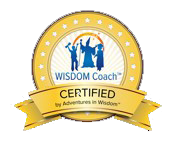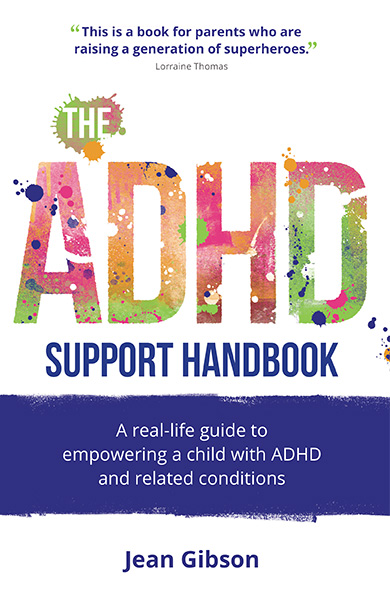
What does ADHD stand for?
ADHD stands for Attention Deficit Hyperactivity Disorder. Some people, including some professionals, question whether this is a real condition. Historically ADHD was linked to boys who would be labelled as ‘naughty’ and just required discipline.
ADHD is a neurodevelopmental condition that impacts the way the brain processes information. Dr John Ratey and Dr Ned Hallowell (who both have diagnosed ADHD) talk about the ADHD brain being like a Ferrari with bicycle brakes and the brakes are failing.
How Many people are impacted by ADHD in the UK?
Within the UK ADHD affects about 3-5% of children and 2% of adults and is more common in males than females.https://www.england.nhs.uk › GM-wide-ADHD-guidance
My grandson was diagnosed with ADHD at the age of 7 years old. My daughter noticed his behaviour change as he matured. He was constantly losing things, got very emotional over what she considered minor situations, would fall over or bump into things, learnt to speak later than most children his age, struggled to dress himself, was always on the go, easily distracted, didn’t like to wait to take his turn and had loud meltdowns. The other children in her social circle did not enjoy being around him and so her support network reduced. It was at school that we learnt that he was not developing at the level expected. A formal assessment confirmed symptoms that related to combined type ADHD along with dyspraxia or Global Developmental Delay.
Is there more than one type of ADHD?
There are three major types of ADHD:
- ADHD, combined type. This, the most common type of ADHD (impulsive and hyperactive behaviours as well as inattention and distractibility.)
- ADHD, impulsive/hyperactive
- ADHD, inattentiveand distractible type.
Typically ADHD is still known as a childhood condition, however some adults who were diagnosed as children still experience problems. It is important to note that current evidence has shown that adults can be diagnosed with the condition for the first time. https://add.org/can-adhd-appear-for-the-first-time-in-adulthood/
My journey with ADHD started when I was talking to my daughter in 2018 and she shared the challenges she was facing with my grandson. My heart broke for her struggle. As a result, I set out to support her and my grandson on their journey.
She managed his challenging behaviour at home and at school. It caused conflict and challenge. The guilty feelings and judgement from others, that she had done something to cause his condition. As a result, she started looking for information and then sifting through the vast amounts of data to make sense of it. Dealing with the school and other professionals to gain the support he needed to help him develop academically, socially and physically. The loneliness she felt as no one understood what she was going through.
What I did to help
The first thing I did was establish a parents support group. Which helped me to understand that
- parents or care givers find it difficult to share or articulate the problem they face to family and friends.
- family and friends don’t understand the condition or appreciate the impact the condition can have.
- parents and care givers become isolated and feel alone.
During lock down our support group could not meet up face to face. Although we connected online through a facebook group, something felt lost. As a result, I reached out wider than my local community.
The second thing I did was establish a Facebook tribe for people living with ADHD. The group is open to anyone in the world. My aim is to help others gain access to support and information. I recognised the plethora of information available and the challenge of knowing where trusted sources of information are. www.facebook.com/groups/theadhdrevolution
The third thing I have done to support my daughter and grandson is to write a book. It shares our story and provides a guide of where to find information and resources. I hope it helps others on their ADHD journey. The ADHD Support Handbook – A real-life guide to empowering a child with ADHD and related conditions.
How can I find out more?
If this resonates with you or someone you know join the free Facebook tribe . www.facebook.com/groups/theadhdrevolution and or contact Jean for a complimentary chat.
Call Jean on 07872017162
Email: jean@activepersonaldevelopment.co.uk
Book a complimentary consultation here.
Jean is an ADHD Life Coach



